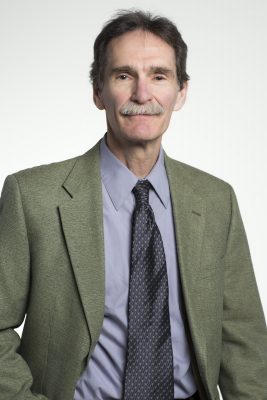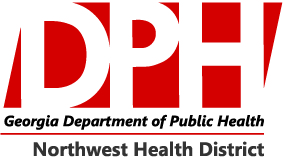
ROME, GA: The Georgia Department of Public Health Northwest Health District is working with federal, state and local partners to expand COVID-19 specimen collection for testing in our communities as rapidly as possible. We wish we had more overall specimen collection and testing capability, and that’s coming, but right now our very limited specimen collection for testing is only for highest-risk individuals who are symptomatic, meet specific criteria, have been evaluated by their healthcare provider, and received an ID number from public health.
These highest-risk individuals are first evaluated by their healthcare provider. If testing for COVID-19 is recommended, the healthcare provider contacts public health, and that individual is given an ID number and directed to a specimen-collection site. The specimen is collected and sent to either the Georgia Public Health Lab or a private lab for testing.
We are currently focusing on our highest-risk individuals who are symptomatic, specifically adults aged sixty or older, caregivers for adults aged sixty or over, caregivers for immune-compromised persons, first responders critical to the pandemic response, healthcare workers, patients with serious chronic medical conditions such as heart disease, diabetes, or lung disease, and those who live or work in a congregate setting.
We are not currently providing COVID-19 specimen collection for testing to the general community. Many Georgians are eager to be tested right now, but we need to be mindful of our resources. We must be in this fight together. We are prioritizing COVID-19 specimen collection and tests for our most vulnerable populations and the people responsible for their care and safety. This will conserve precious medical supplies – like masks, shoe covers, and gowns – which are becoming increasingly difficult to find for healthcare facilities due to overuse, export bans and hoarding.
People who do not have symptoms of COVID-19 do not need to be tested. Additionally, most people who are mildly or moderately ill with “cold-like” symptoms do not need to be tested. The majority of people with COVID-19 can safely recover at home with self-isolation and symptomatic treatment.
Diagnosis through laboratory testing does not change the care that they would receive. Older adults and people who have severe underlying medical conditions like heart or lung disease or diabetes seem to be at higher risk for developing more serious complications from COVID-19 and should always consult their healthcare provider if they are sick.
The most important step in containing COVID-19 is that people who are sick with mild respiratory symptoms – fever and cough – should stay home and isolate themselves from others for at least seven days after their symptoms began or 72 hours after their fever has resolved and symptoms have improved, whichever is longest. If you have been exposed to an individual with COVID-19, you must self-quarantine for 14 days and monitor for symptoms.
Correctly washing your hands and maintaining social distance by avoiding large gatherings and close contact with people who are sick are two of the easiest ways to prevent the spread of COVID-19.
All Georgians play a critical role in helping to slow the spread of COVID-19 by adhering to the following guidance:
- Practice social distancing by putting at least 6 feet between yourself and other people.
- Avoid close contact with people who are sick.
- Stay home if you are sick.
- Wash your hands frequently and thoroughly with soap and water.
- Use an alcohol-based hand sanitizer if soap and water are not available.
- Cover your cough or sneeze with a tissue, then throw the tissue in the trash.
- Avoid touching your eyes, nose and mouth with unwashed hands.
A lot has happened in the past couple of weeks. So, give yourself permission to be shocked, to take this all in for a day or two, but no longer than that. A day or two is a long time in the life of a virus that keeps spreading. To slow the spread of the coronavirus, we have work to do together that can’t wait.
Dr. Gary Voccio
Health Director
Georgia Department of Public Health Northwest Health District

